Eurovision venue odds: the cities most likely to host the song contest
Glasgow is the frontrunner to host the famous competition
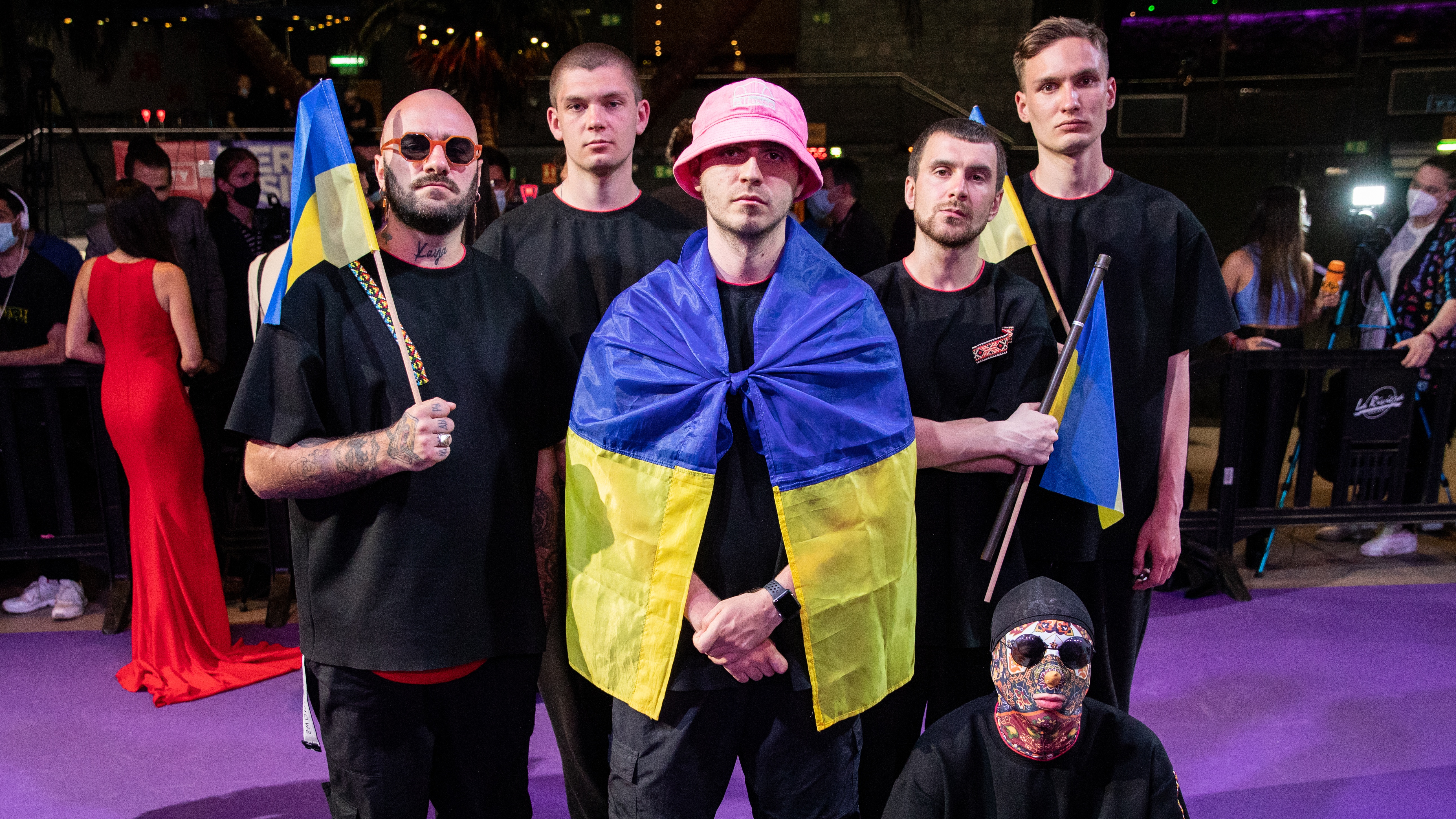
A free daily email with the biggest news stories of the day – and the best features from TheWeek.com
You are now subscribed
Your newsletter sign-up was successful
Glasgow and Birmingham are among the favourites to host next year’s Eurovision Song Contest, which will be held in the UK on behalf of this year’s winners Ukraine.
Twenty venues from cities across the UK put in bids to host the “largest and most complex music competition in the world”, which was watched this year by a global audience of 161 million, said The Guardian.
Birmingham, Glasgow, Leeds, Liverpool, Manchester, Newcastle and Sheffield have all been announced as potential hosts for the next contest, which will take place in the UK for the first time in 25 years.
The Week
Escape your echo chamber. Get the facts behind the news, plus analysis from multiple perspectives.

Sign up for The Week's Free Newsletters
From our morning news briefing to a weekly Good News Newsletter, get the best of The Week delivered directly to your inbox.
From our morning news briefing to a weekly Good News Newsletter, get the best of The Week delivered directly to your inbox.
The latest betting market data from Smarkets suggests that Glasgow is the favourite to host next year, with a 43% chance, followed by Birmingham at 27%.
Manchester is in third place for the bookmakers but is far from a close contender at 7%, followed by Leeds and London at 5% and Aberdeen and Liverpool at 4%.
How will the city be decided?
This year’s Eurovision, held in Turin in May, was won by Kalush Orchestra, representing Ukraine. As winners, it means the next Eurovision Song Contest would normally be held in Ukraine, but the European Broadcasting Union announced last month that the contest could not be held there due to the ongoing war.
Instead, the UK, which came second with Sam Ryder’s song Space Man, was asked to host the competition.
A free daily email with the biggest news stories of the day – and the best features from TheWeek.com
The decision to switch the contest to the UK has sparked a “hotly-contested selection process”, said the BBC, which has agreed to host the show and will help Eurovision organisers choose the winning city by the autumn.
The seven-city shortlist was based on “the capacity, capability and experience to host an event of this scale and complexity”, said the broadcaster. It was also “heavily weighted” to cities that could demonstrate previous experience of hosting major international events and celebrating contemporary music.
According to the BBC the remaining cities will be scored on a set of criteria, including:
- suitable space
- commitment from the wider city or region to host the contest, including financially
- strength of local cultural activities, including showcasing Ukrainian culture and music
- alignment to the BBC's strategic priorities, such as providing value to all audiences and supporting the creative economy
Where was the last UK Eurovision hosted?
The UK is “no stranger” to Eurovision, having welcomed it to our shores “no less than eight times”, said Metro. But it has been some time since the song contest last came to the UK.
The last British city to host was Birmingham in 1998, following Katrina and the Waves’ victory in 1997 with Love Shine A Light.
The 1998 contest took place at the National Indoor Arena in Birmingham, hosted by Ulrika Jonsson and Sir Terry Wogan, and was won by Israel’s Dana International with the song Diva.
One of the most famous Eurovisions of all was held at the Brighton Dome in 1974, when Abba won with Waterloo, setting themselves on the road to superstardom.
-
 The Week Unwrapped: Do the Freemasons have too much sway in the police force?
The Week Unwrapped: Do the Freemasons have too much sway in the police force?Podcast Plus, what does the growing popularity of prediction markets mean for the future? And why are UK film and TV workers struggling?
-
 Properties of the week: pretty thatched cottages
Properties of the week: pretty thatched cottagesThe Week Recommends Featuring homes in West Sussex, Dorset and Suffolk
-
 The week’s best photos
The week’s best photosIn Pictures An explosive meal, a carnival of joy, and more
-
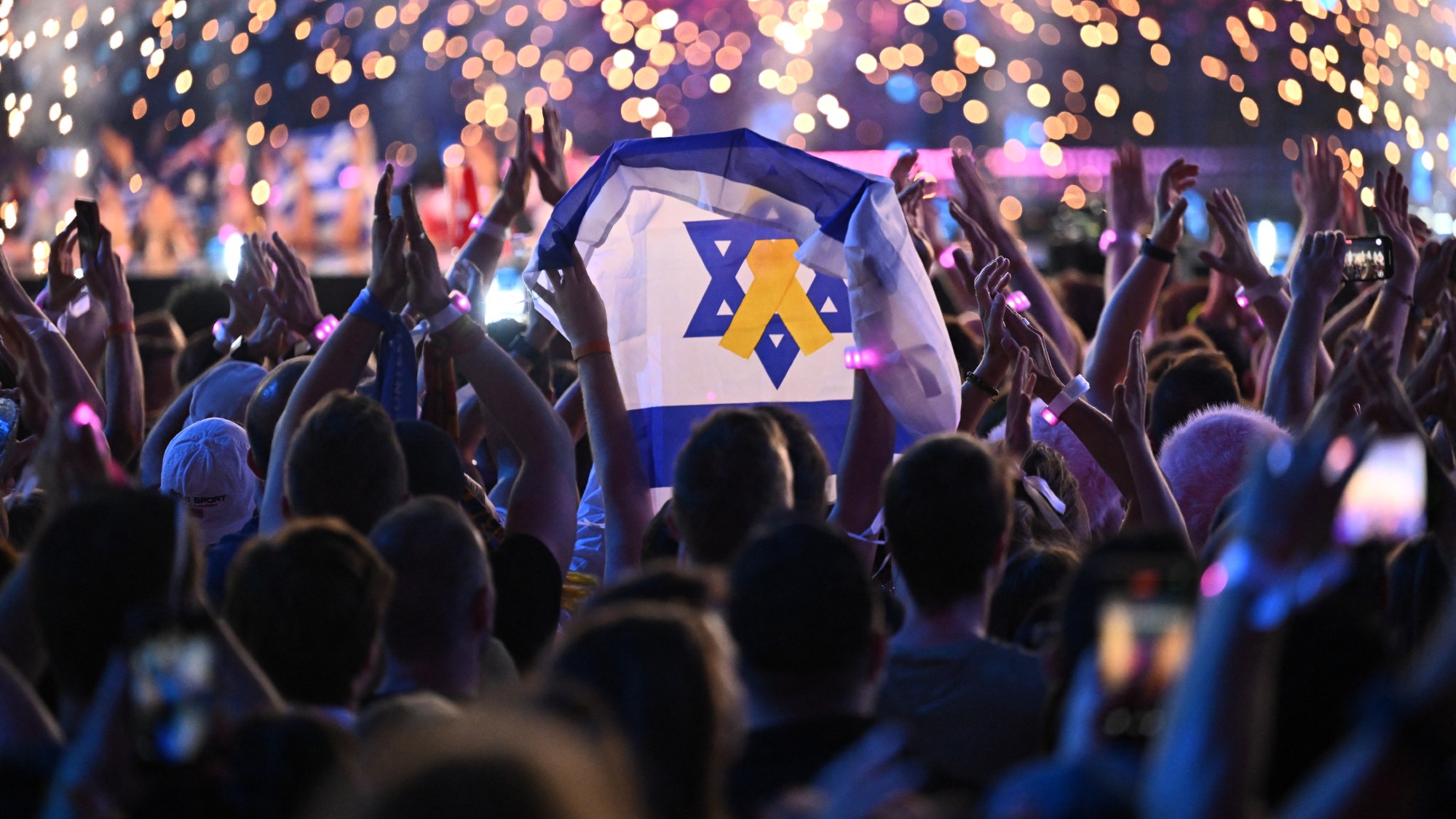 Eurovision faces its Waterloo over Israel boycotts
Eurovision faces its Waterloo over Israel boycottsTalking Point Five major broadcasters have threatened to pull out of next year’s contest over Israel’s participation
-
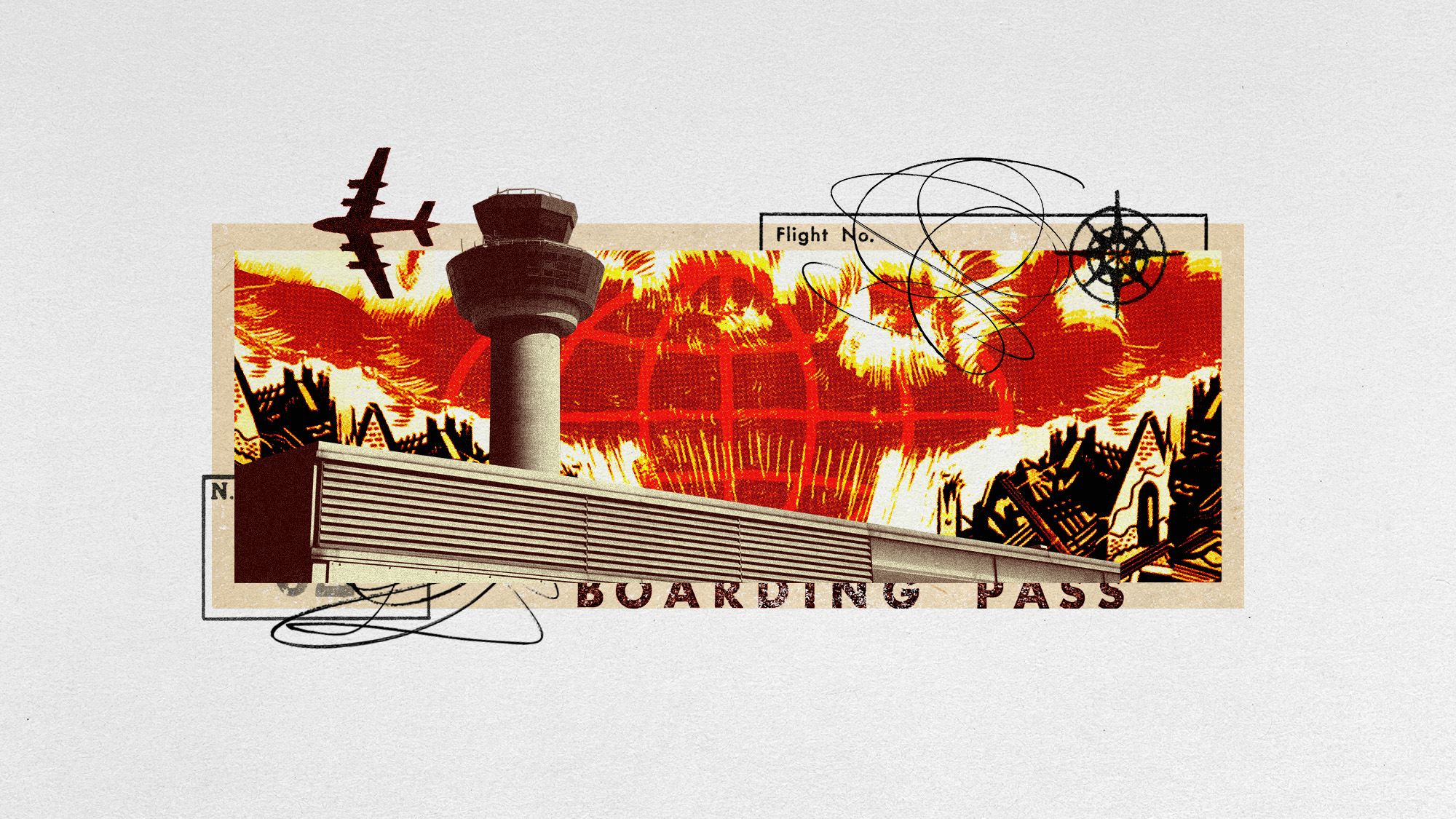 How global conflicts are reshaping flight paths
How global conflicts are reshaping flight pathsUnder the Radar Airlines are having to take longer and convoluted routes to avoid conflict zones
-
 Sarah Rainsford shares the best books to explain Vladimir Putin's Russia
Sarah Rainsford shares the best books to explain Vladimir Putin's RussiaThe Week Recommends The correspondent picks works by Anna Politkovskaya, Catherine Belton and more
-
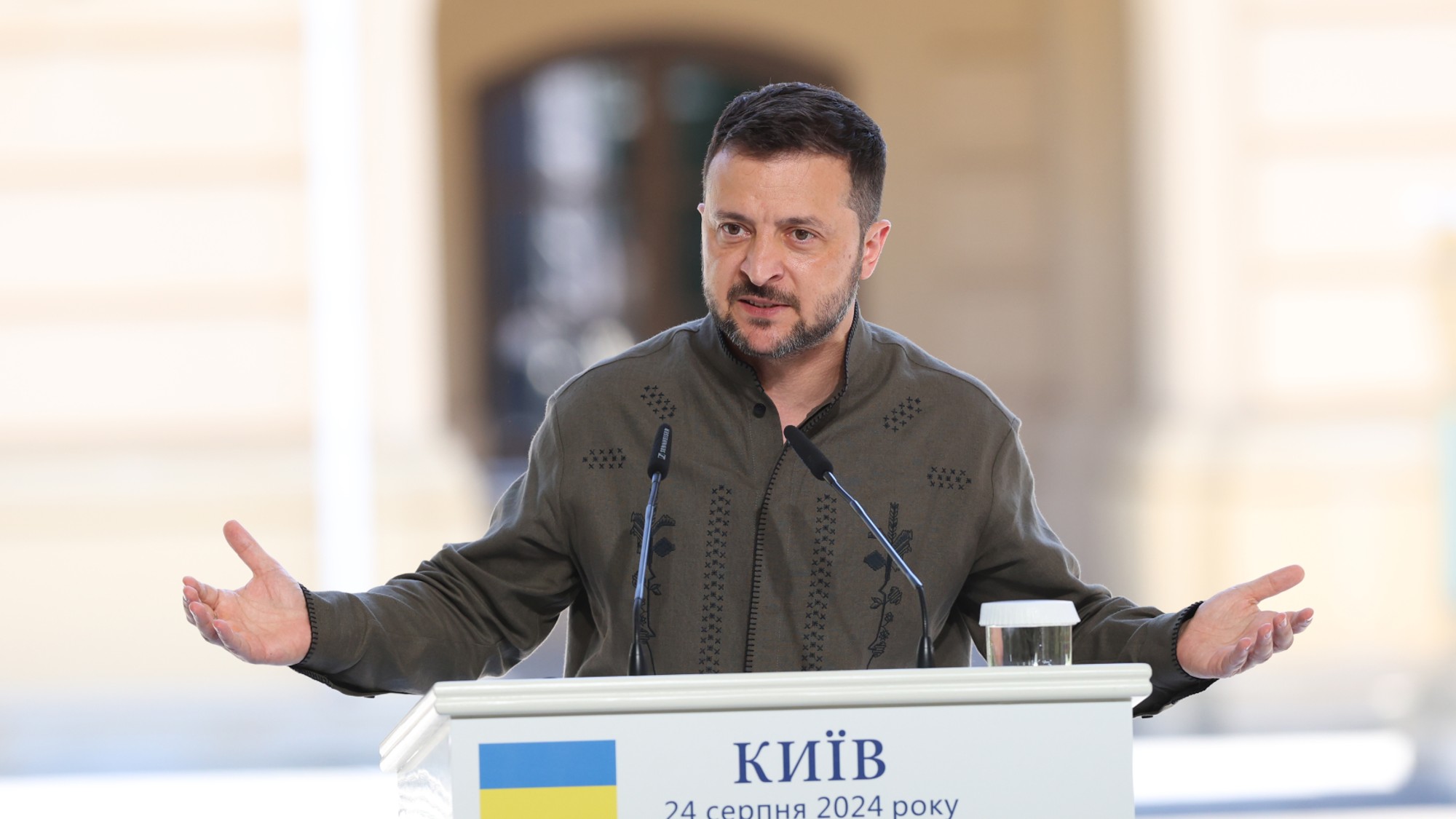 The Zelensky Story: as 'astonishing as it is inspirational'
The Zelensky Story: as 'astonishing as it is inspirational'The Week Recommends BBC Two's three-part documentary features 'genuinely revealing' interviews with the Ukrainian president
-
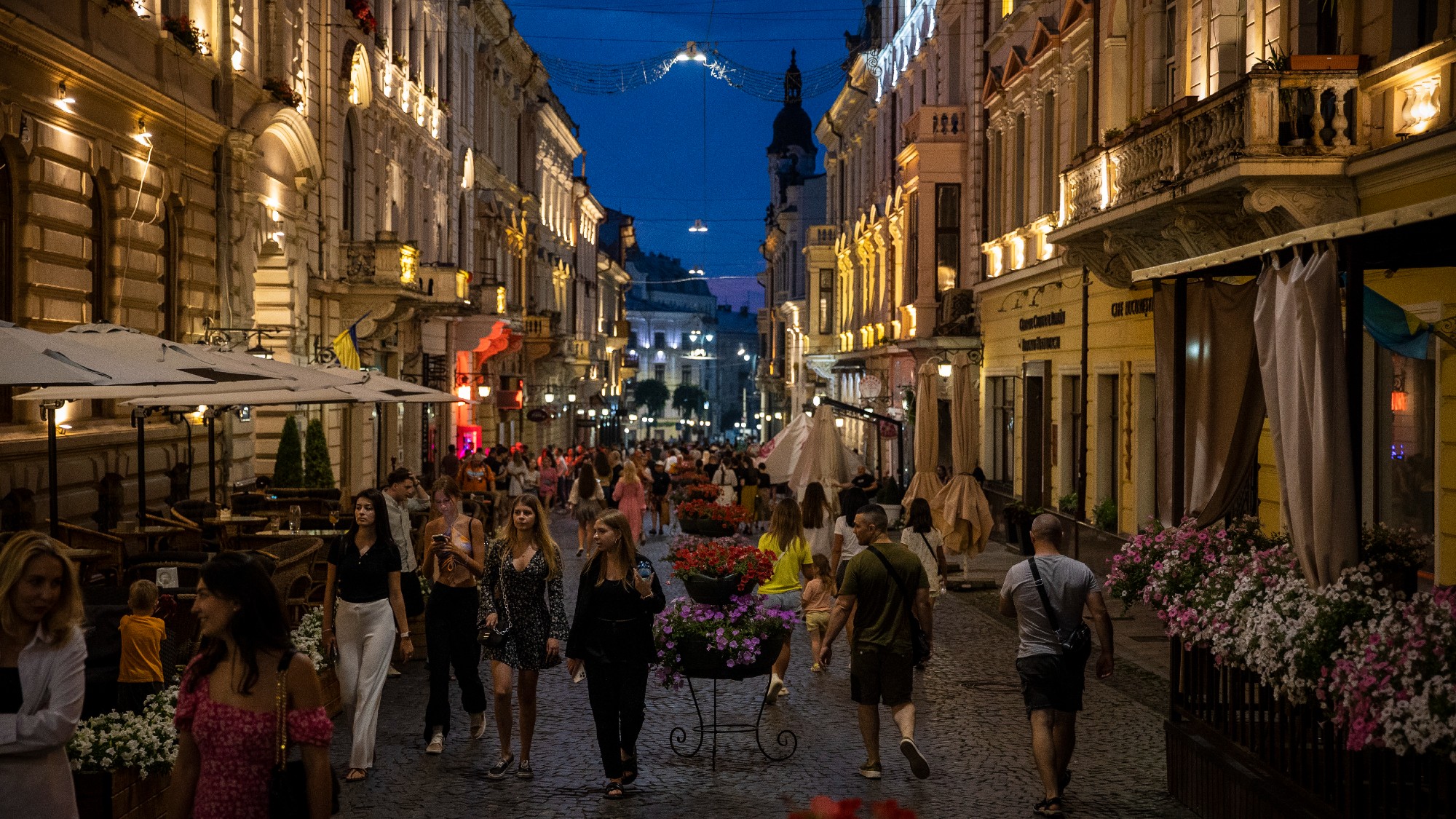 War tours: how tourism in Ukraine is bouncing back
War tours: how tourism in Ukraine is bouncing backUnder the Radar Visitors are returning to the war-torn country but not everyone is happy to see them
-
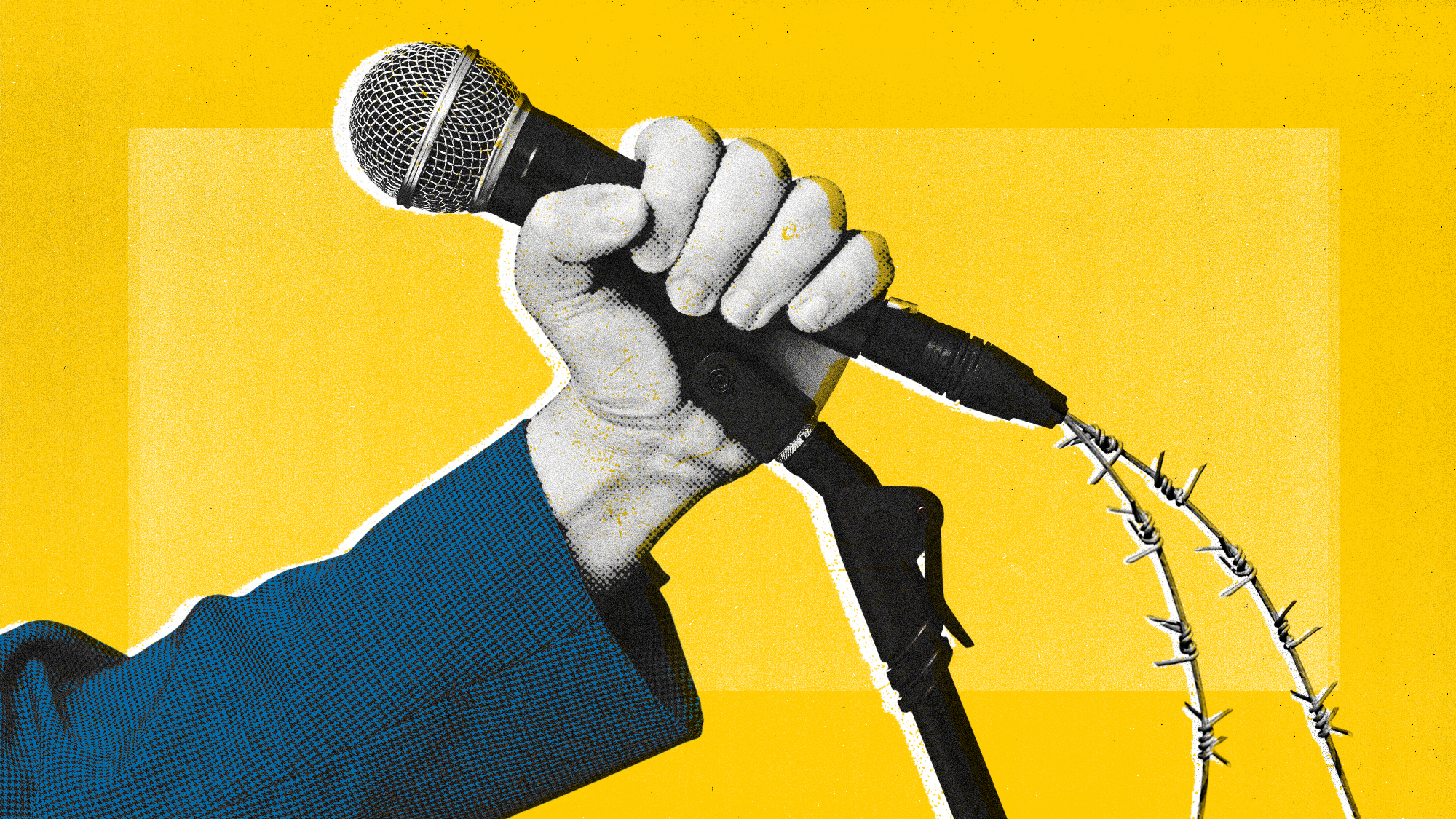 Eurovision 2024: how is politics playing out in Sweden?
Eurovision 2024: how is politics playing out in Sweden?Today's big question World's most popular song contest 'has always been politically charged' but 'this year perhaps more so than ever'
-
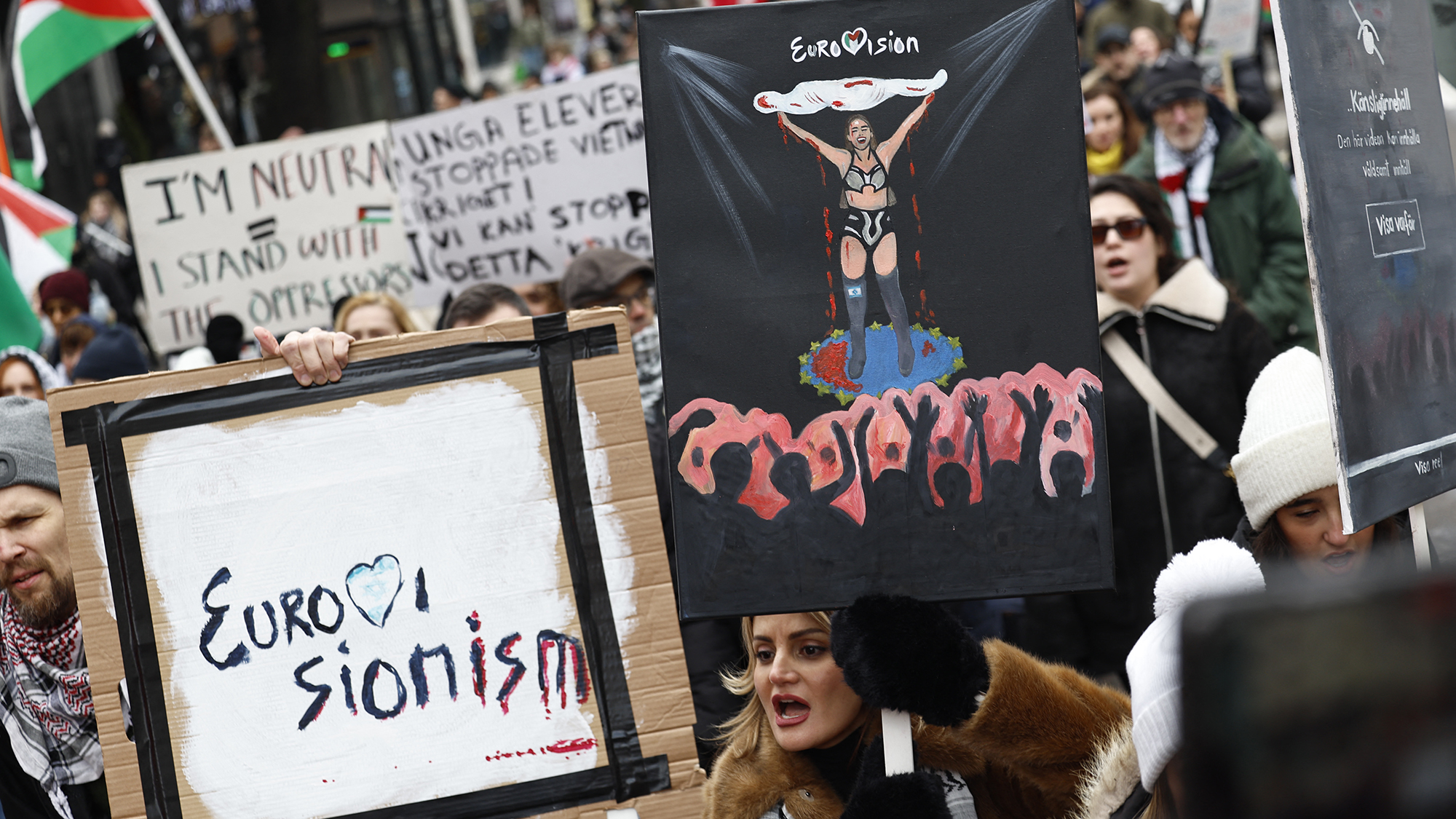 Eurovision stars weigh politics and principles as calls for boycott over Israel grow
Eurovision stars weigh politics and principles as calls for boycott over Israel growUnder The Radar One of the biggest artistic competitions on Earth finds itself in the middle of a widening debate about if — and how — to address the ongoing war in Gaza
-
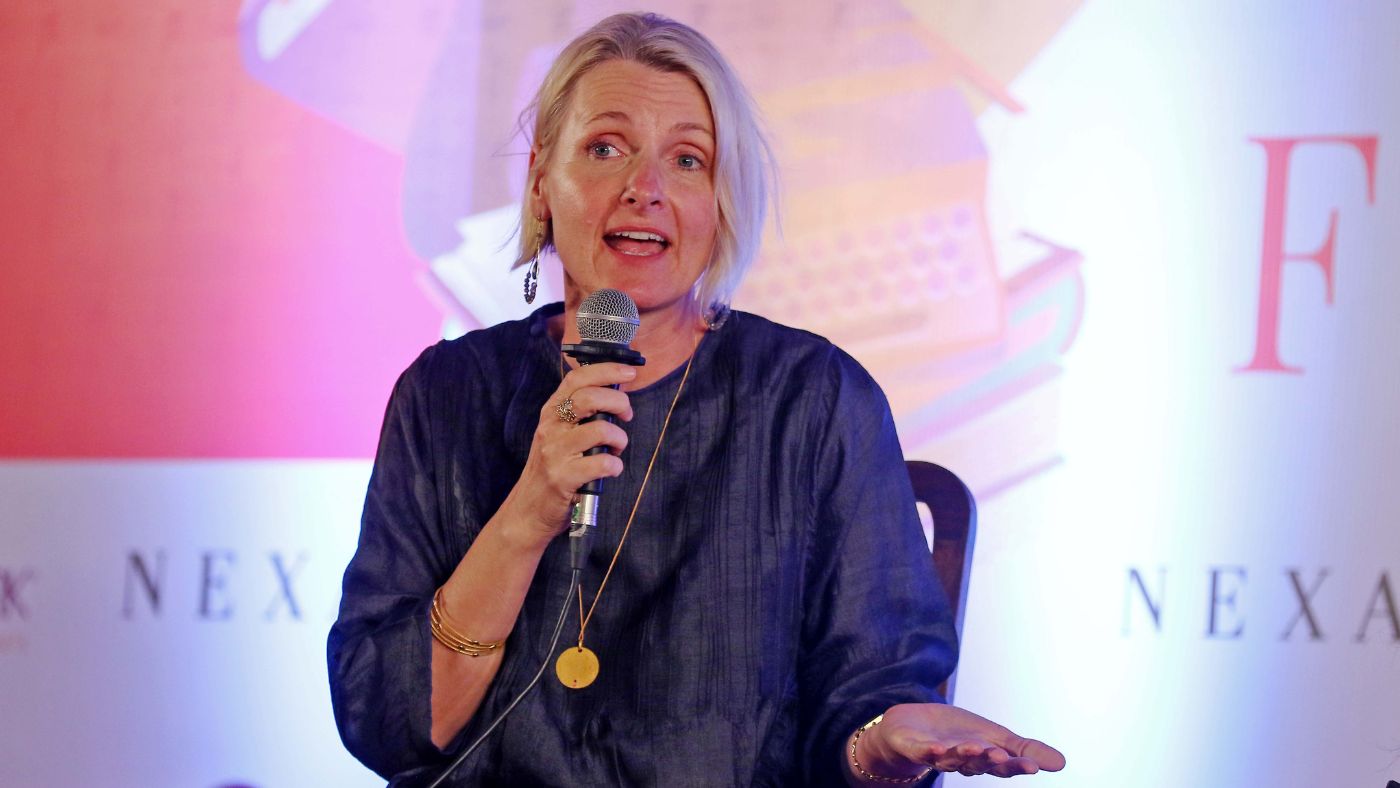 Elizabeth Gilbert and the debate over cancelling Russian culture
Elizabeth Gilbert and the debate over cancelling Russian cultureTalking Point Decision to delay publication of novel set in 20th-century Siberia sparks intense debate